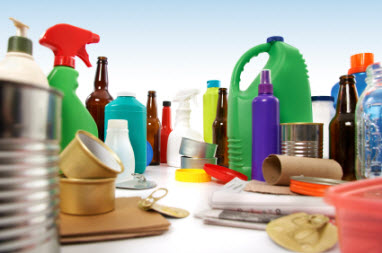BPA, or bisphenol A, is a chemical used in the manufacturing of certain plastics and everyday items. It is a problematic chemical in consumer products, because it can pose a number of dangers to your health—particularly when you are frequently exposed to items containing BPA. To help you avoid the health risks associated with BPA, here is a look at the important facts you should know.
How BPA travels
BPA is often used in food packaging materials such as plastic water bottles, plastic bags, and cans. It can seep into the food or beverages stored in these containers, leading to a wide range of health problems.
Health risks
The individuals most at risk for health problems associated with BPA are children and pregnant women, because BPA mimics the function of a hormone called estradiol. When chemicals mimic hormone functions in the body, the endocrine system fails to function properly and leaves the body vulnerable to certain diseases and side effects. Migraines are a common short term side effect of BPA exposure, and there are many more serious conditions to worry about with this chemical. BPA may cause certain cancers, raise the risk of heart disease, and inhibit brain development in children.
How to avoid it
Many food manufacturers are moving away from products containing BPA to offer safer materials to the public. However, it is still important to look for labels stating that products are “ BPA free .” You can also take better care when handling plastics containing BPA by avoiding heat from the sun or microwave. Glass and stainless steel are both great alternative materials for food storage, as they are free of harmful chemicals and last much longer than plastic.
You can redesign your life with a healthier outlook by attending Optimum Health Institute’s three week-long holistic healing program. OHI utilizes teachings from 24 ancient spiritual disciplines to provide a unique learning experience that promotes healing of the body, mind, and spirit. To learn more about OHI, visit OptimumHealth.org or call (800) 993-4325.

